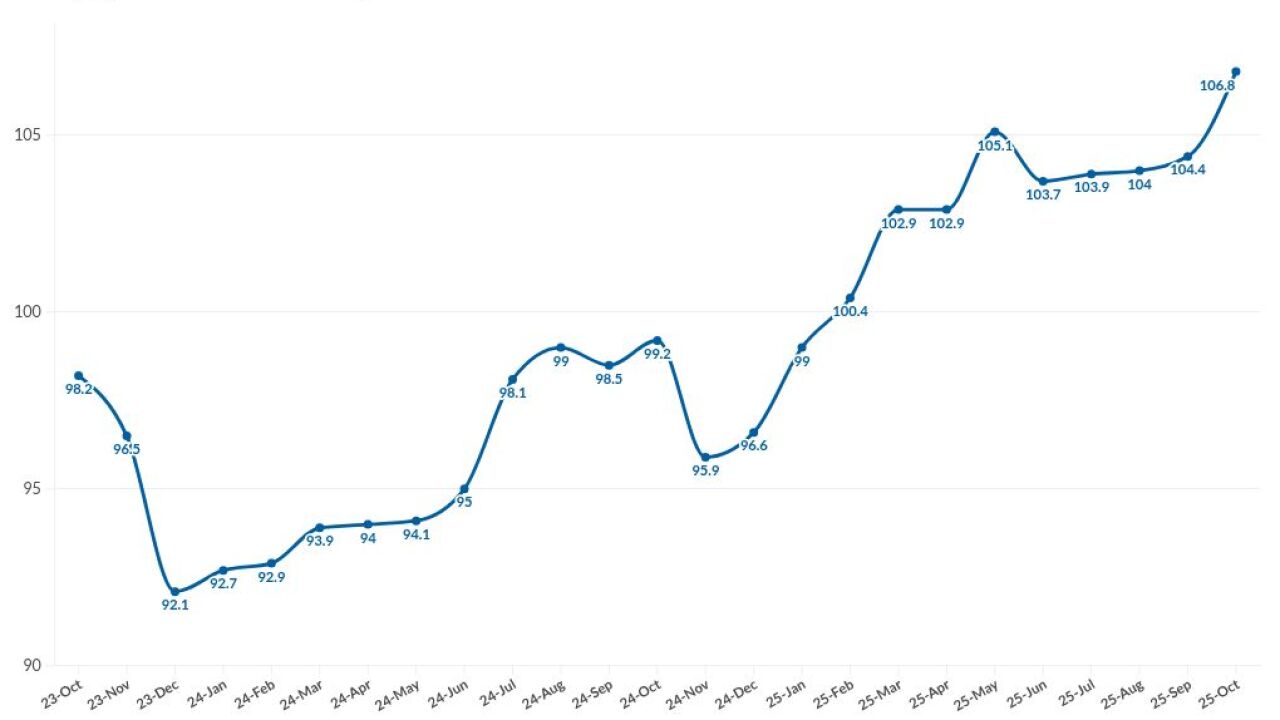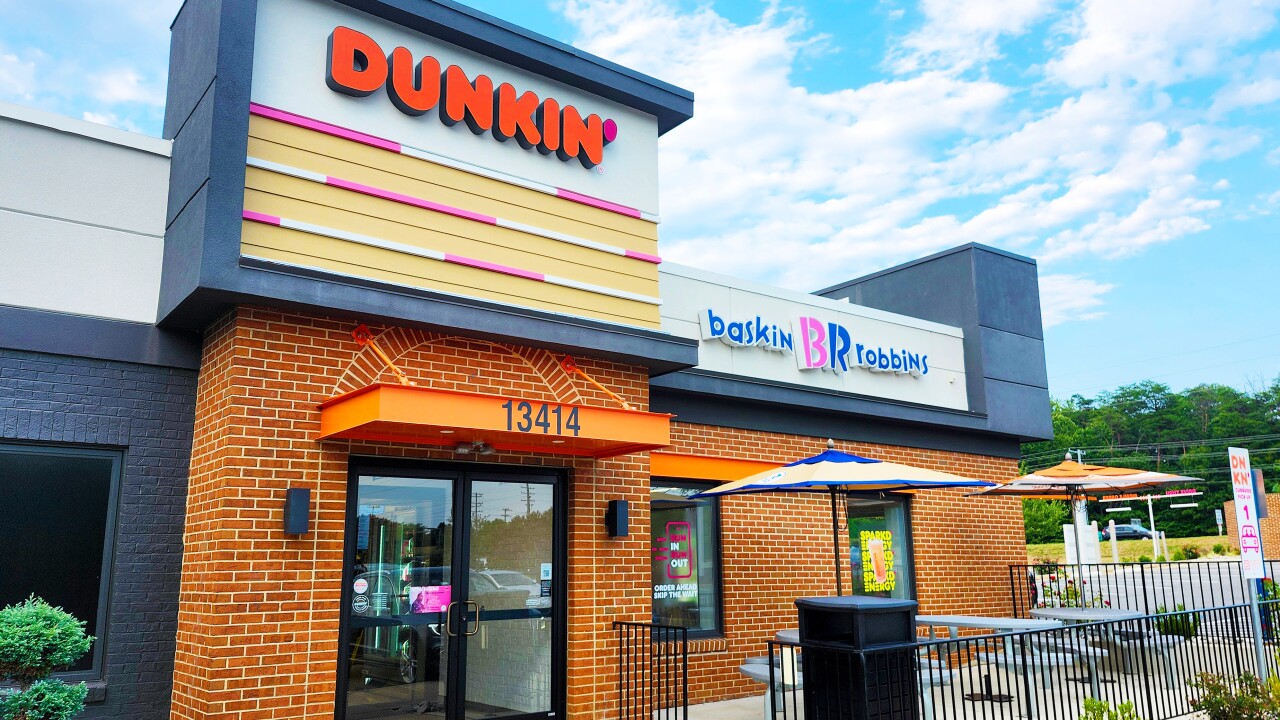The percentage of delinquent securitized European auto loans and lease receivables reached record lows in the fourth quarter, Fitch Ratings reported Tuesday.
The Fitch European Auto ABS delinquency indices for both early (30+ days) and late (60+) delinquencies fell to 0.69% and 0.34% respectively, the lowest point in the last 11 years for each. The figures were down from 0.76% in arrears for the 30-day+ index in the third quarter of last year, and 0.37% for 60-day+ loans and leases in its third quarter index.
The figures were part of Fitch’s quarterly study of the 11-nation European Auto ABS index, which showed an increase in the total collateral of ABS portfolios as well as a virtually unchanged annualized loss figure quarter-over-quarter.
Fitch said the fourth-quarter decrease in delinquencies was driven mostly by the exclusion of two poorly performing ABS transactions from the third quarter that had produced elevated delinquencies in the national sub-indices in Spain and Finland.
Both the SCFI Rahoituspalvelut Limited and FTA Santander Consumer Spain Auto 2014-1 transactions displayed third-quarter performance levels in delinquencies “noticeably below those seen in transactions” of other auto ABS in Finland and Spain respectively. The 30+-day delinquency and 60+-day delinquency rates for Finland and Span declined by 15 bps and 27 bps, respectively.
Fitch’s annualized loss index was virtually unchanged at 0.17%, from 0.15% in the same comparative period.
Nineteen new issuances were made in the fourth quarter, boosting the total collateral of rated ABS collateral to €23.18 billion from €21.8 billion in the third quarter. Germany has the most new issuances of new auto ABS deals (8), followed by France (4), Spain (2) and one each from the UK, Norway, Switzerland, Finland and Portugal. RCI Banque and Volkswagen originated six ABS transactions each, with Volkswagen’s deals topping €4.6 billion in total volume.
Market conditions for auto loans and leases continued to improve, Fitch noted. The EU Consumer Confidence Index improved to -3.7 in December 2015, compared to -5.4 in September 2015. Consumer confidence, however, dipped in key markets like Germany and France.
Car registrations were up in the five largest European economies, led by Spain’s boost of 21% based on its government plan subsidizing rebates to consumers trading in older used vehicles for newer fuel-efficient models (similar to the U.S.’ Car Allowance Rebate System “cash for clunkers” program).
Manufacturers Daimler and FCA Group (Fiat, Chrysler) had the strongest growth in new-car registrations. Daimler’s 799,000 registrations is a quarter-over-quarter improvement of 17%, while FCA’s 856,000 is up 14%.
Used car prices dropped 1.1% in the EU in the fourth quarter.





